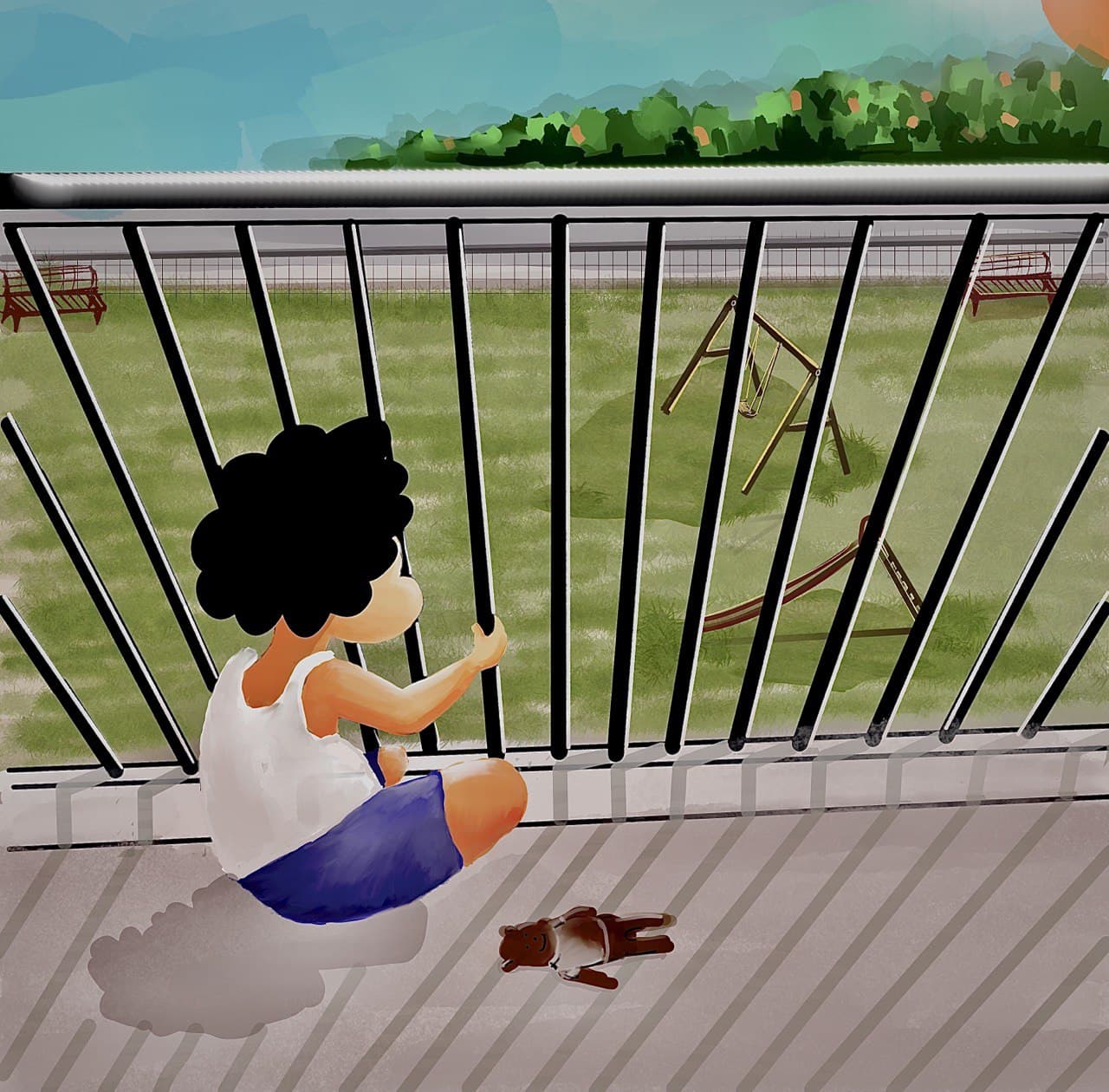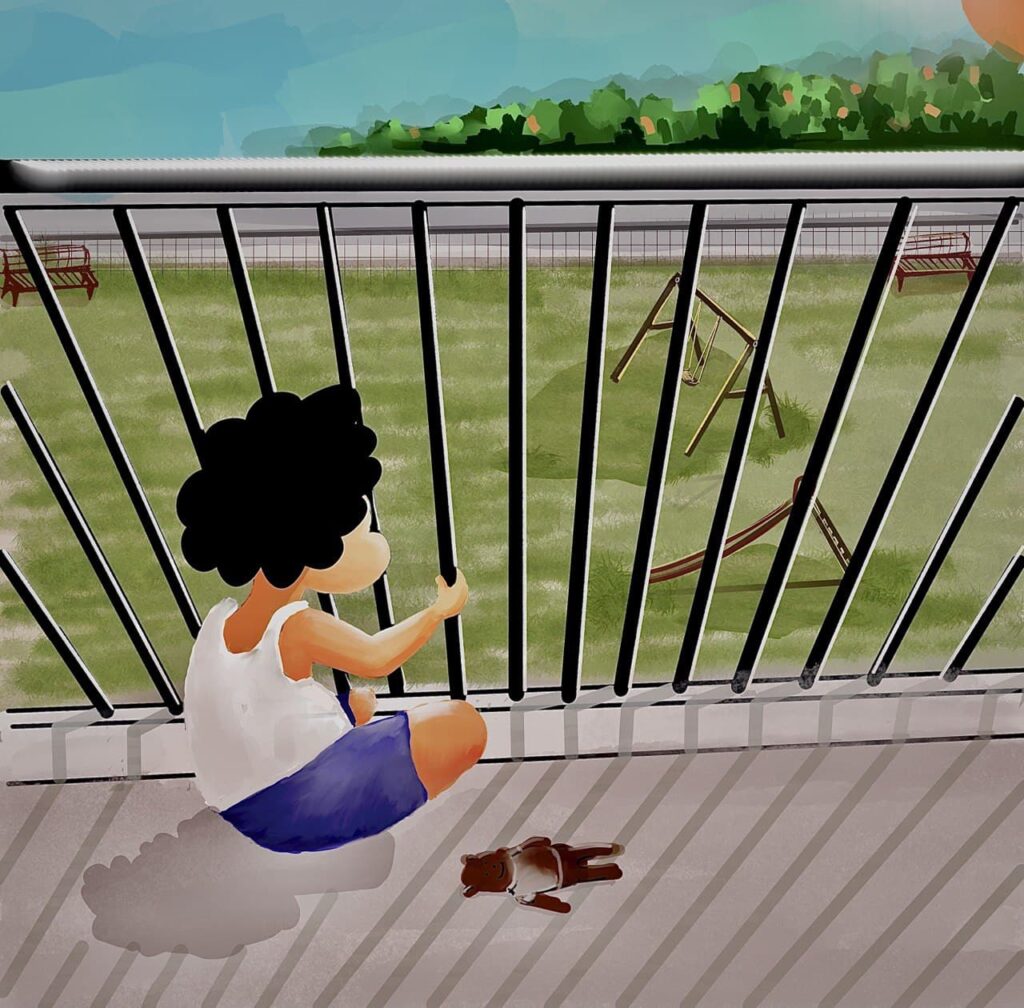Impact of the pandemic on the mental health of children


The major impact of the pandemic on the mental health of children
- Physical separation.
- Psychological changes in Thought pattern.
- Feeling of loneliness, boredom, anxiousness.
- PTSD of the children of dead parents.
- Social media addiction in adolescents.
- School study regularity distorted.
- Increase of attention deficit syndrome due to confinement.
- Porn addition.
- Health given less priority.
- Affected sleeping patterns.
Children around the world are being affected by physical separation, quarantines, and state-wide school closures as a result of the spread of coronavirus disease (COVID-19).
Some children and teenagers may be feeling more alone, anxious, bored, and unsure.
They may experience dread and grief as a result of the virus’s effects on their families.
The coronavirus disease pandemic of 2019 (COVID-19) has impacted individuals all over the world. Children are less physically damaged by the condition, but their mental health is not. Separation anxiety and excessive concern affect children of front-line health care workers (HCW) who are cared for by grandparents or relatives.
Quarantined children with the sickness, as well as children who are confined and separated from their families and siblings, are prone to suffer psychologically and affect their mental health. 1 Those who have lost their parents to disease and are in foster homes endure grief, loneliness, and hardship, and are at increased risk of developing posttraumatic stress disorder.
Simultaneously, youngsters are exposed to SOCIAL MEDIA.
Children are exposed to social media at the same time, and horrible images of disease and death may overwhelm them with dread, anxiety, clinginess, inattention, and irritability.
The body’s natural stress response may become dysregulated (toxic stress) as a result of adverse childhood events (ACEs), leading to persistent elevations of cortisol and proinflammatory cytokines and predisposing children to bad health outcomes later in life.
Stress leads to cognitive delays, somatic symptoms, obesity, asthma, diabetes, repeated infections, sleep disorders, and even death.

School closures, social isolation, a lack of physical activity, and outdoor activities are all issues that arise during these periods. During their confinement at home, the electronic media came to their rescue, but it came with its own set of problems. A few vulnerable people may become addicted to the Internet or cell phones and have trouble readjusting once the crisis has passed.
Children’s mental health are directly impacted by the stress of parents who have lost their careers. Because of the lockdown, the number of children who have been abused has increased, while access to support services has diminished. 5 Argumentative behaviour, addiction, self-harming behaviours, and even suicidal behaviour can all be perceived as extremes.
The solution to the arising crisis among children’s mental health.
- The necessity of the hour is to listen, comprehend, reassure, and love and protect children.
- Parents should keep a careful eye on their children for any symptoms of change in behaviour, and gently inform them of the problem while keeping in mind their naivety will help them get through these difficult times.
- Parents should spend quality time with their children, maintain a regular daily schedule, engage in interesting activities with them to divert their attention away from the crisis, encourage them to engage in physical activity, and assist them with their hobbies.
- Children should be maintained as close to their parents and relatives as possible, or at the very least maintain regular touch in the event of adversity.



